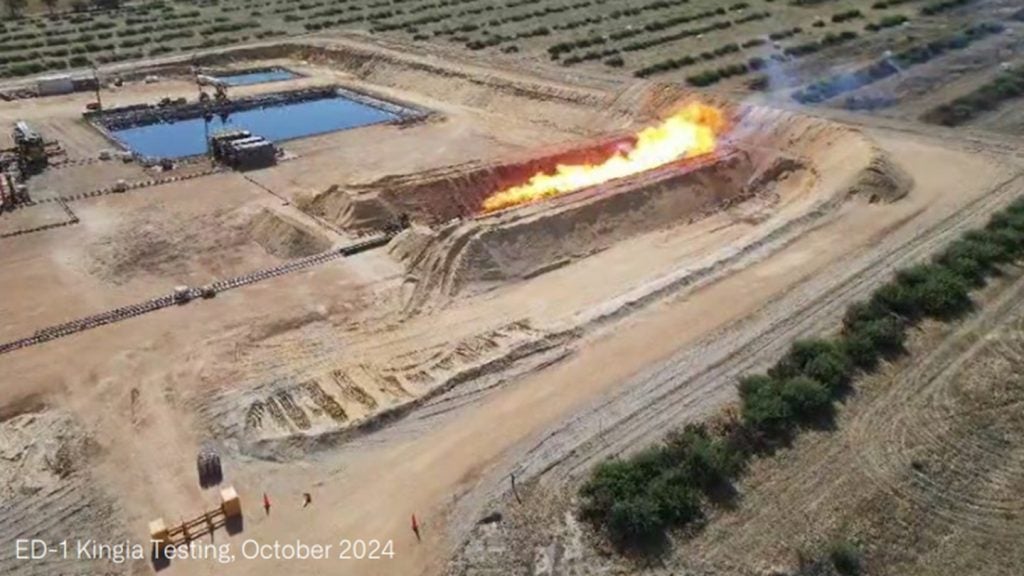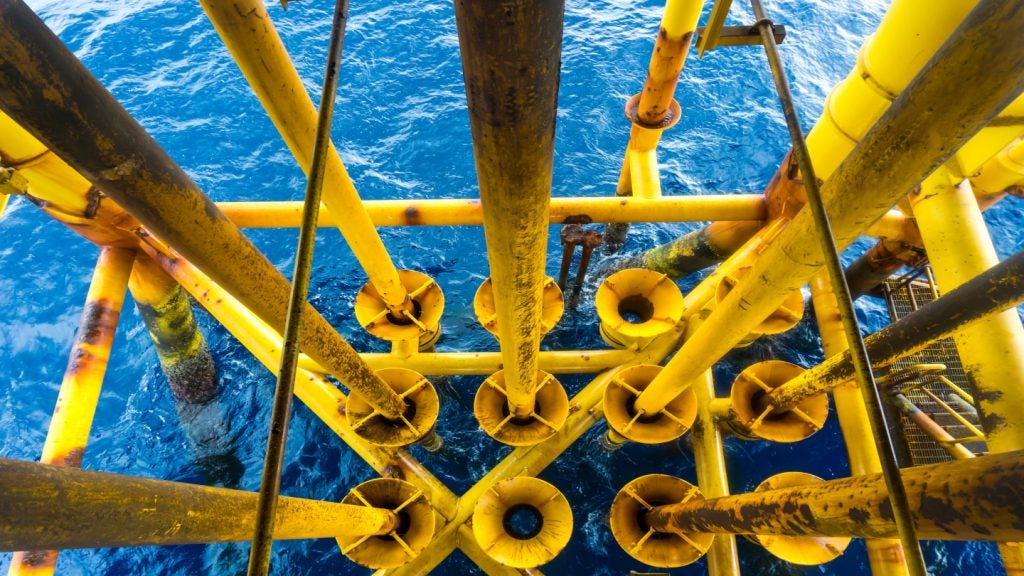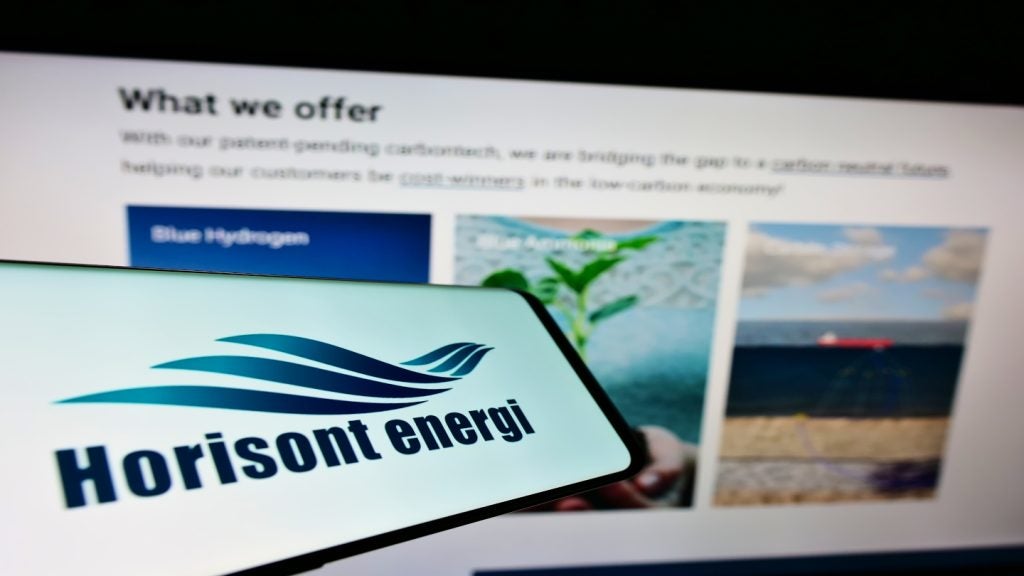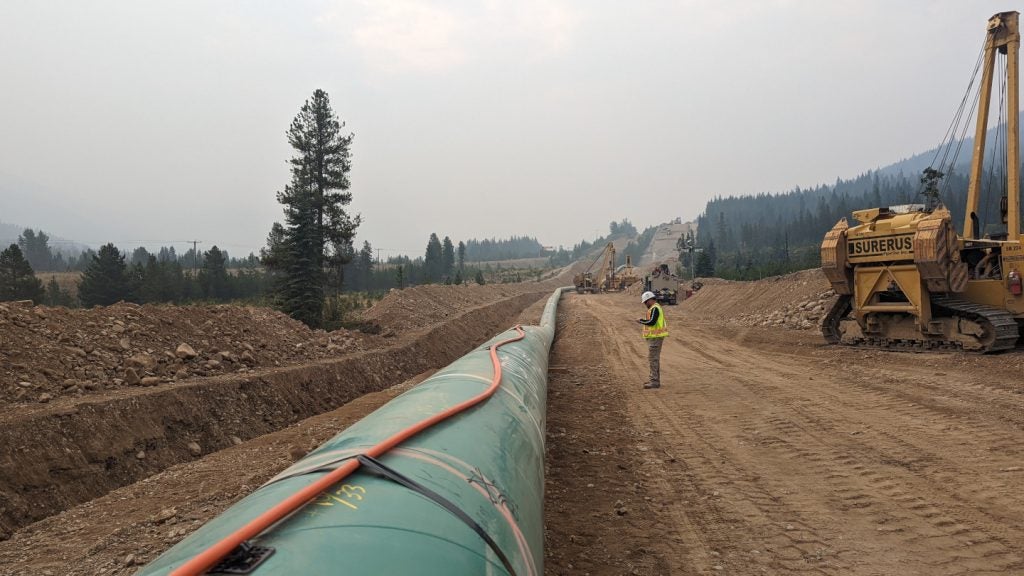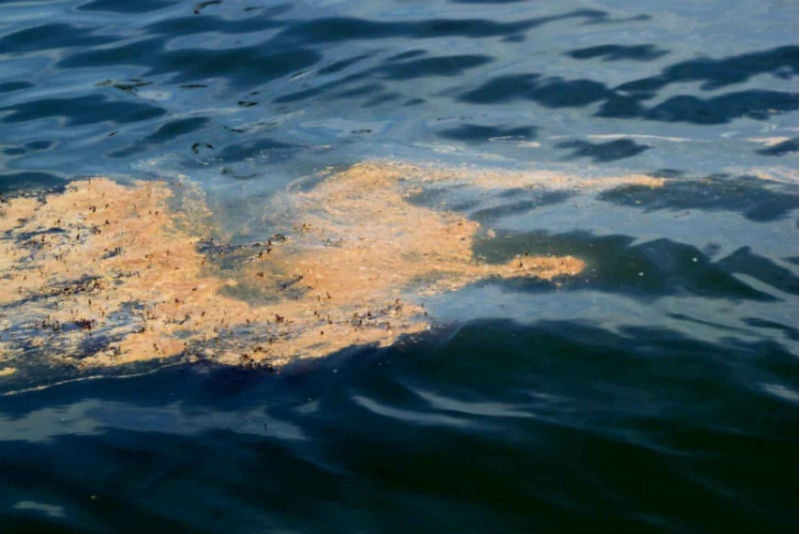
Oil industry trade body Oil & Gas UK (OGUK) has announced its 2018 Environment Report, which claims that 256t of chemicals and 23t of oil were ‘accidently released’ into the North Sea in 2017.
The report states that of the 451 accidental oil and chemical spills that occurred in 2017, more than half reached the North Sea marine environment.
However, the number of accidents was down by 34 in total from the previous year. The amount of oil spilled in 2016 was 115t, exactly five times more than in 2017.
OGUK environment manager Katie Abbott said: “While innovative technology is contributing to environmental performance, through enhanced oil recovery which includes produced water re-injection, and the reduction in associated gas flared, challenges remain in other aspects. We continue to appraise longer-term trends to identify learnings from accidental releases including the low frequency, high mass incidents.
“As a major hazard and heavily regulated industry, continued engagement with regulators, government and the sector is key in supporting efforts to reduce environmental risk, ensuring continued safe operation. With that in mind, this annual report provides an opportunity for the industry to review environmental performance indicators, reflect on the compliant practices and focus on areas where there are opportunities to drive further improvements.”
The 2018 Environment report noted that 96% of accidental chemical releases were ‘low hazard’ chemicals, and the oil that reached the North Sea last year was only 0.00003% of the 81 million tonnes of oil produced in 2017.
How well do you really know your competitors?
Access the most comprehensive Company Profiles on the market, powered by GlobalData. Save hours of research. Gain competitive edge.

Thank you!
Your download email will arrive shortly
Not ready to buy yet? Download a free sample
We are confident about the unique quality of our Company Profiles. However, we want you to make the most beneficial decision for your business, so we offer a free sample that you can download by submitting the below form
By GlobalDataGreenhouse gas emissions
According to the 2018 Environment Report, the oil and gas industry’s greenhouse gas emissions contributed to 3% of total UK emissions, which has remained stable since 2016.
However, carbon dioxide emissions from the UK Continental Shelf increased from 13.1 million tonnes to 14.2 million tonnes from 2016 to 2017. Greenhouse gas emissions at the installation stage decreased over the same period.
In addition, there was an increase in the process of gas venting, whereby gases are intentionally released into the atmosphere. This was due to the fact that one-third of gas emissions were incombustible due to the high level of carbon dioxide present, which prevented flaring.
WWF Scotland acting director Sam Gardier told Energy Voice that it was “time to see clear recognition from the oil and gas sector that they cannot continue to fuel runaway climate change,” adding that the industry should “work with all partners to ensure a just transition that delivers a safe climate future and high-quality jobs for all.”



